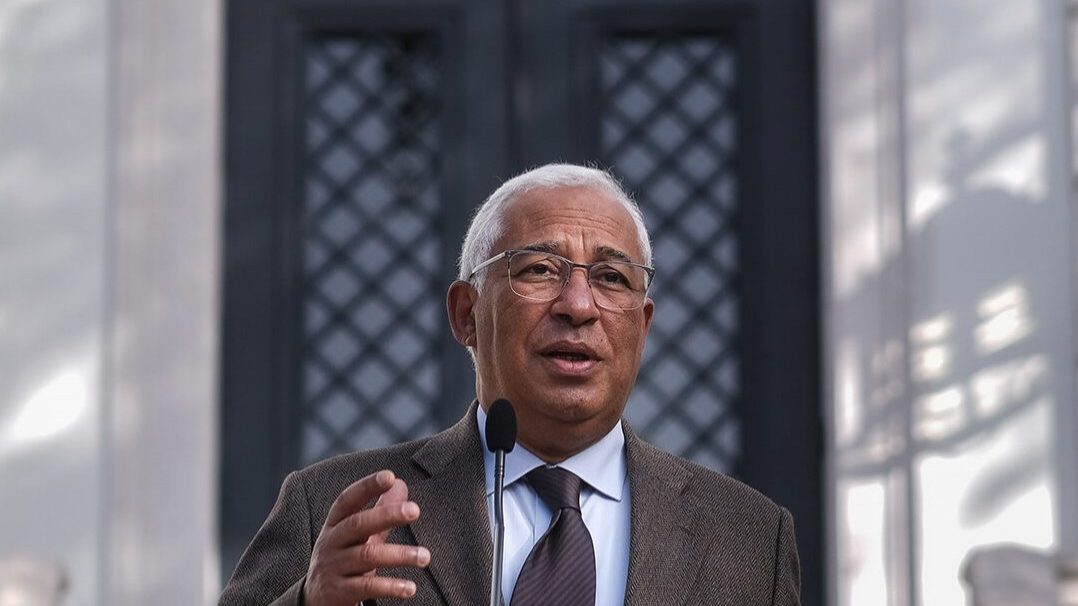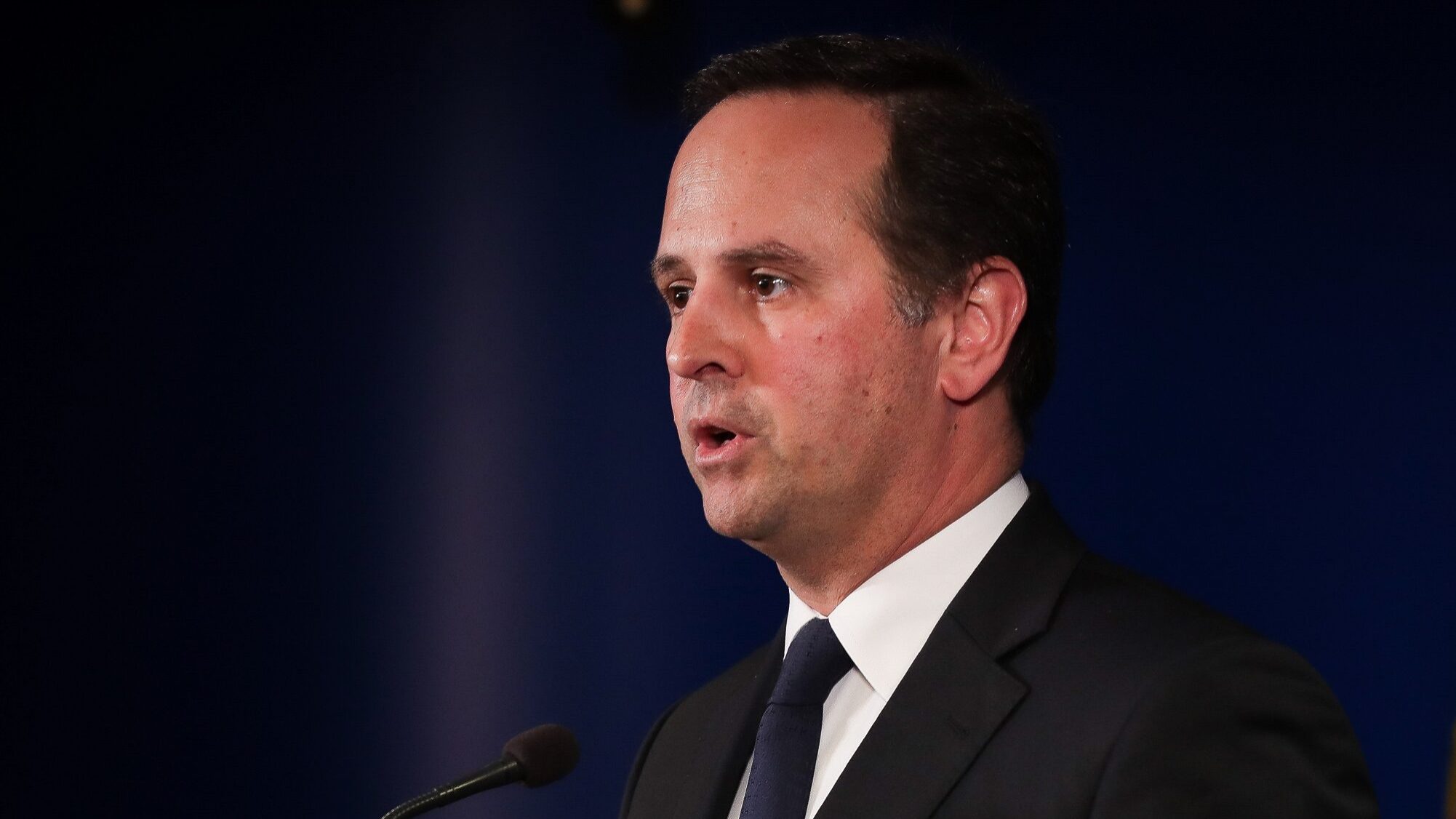Recovery, resilience plan funds must be used responsibly, efficiently
The set of the Cooperation and Resilience Plan has a fundamental objective to support the double energy and digital transition.
Portugal’s prime minister on Friday warned that it is necessary to use “every cent” of the Recovery and Resilience Plan (RRP – the EU post-pandemic bazooka funds) with “transparency, responsibility and maximum efficiency” and because “no one will forgive” if the objectives of the funding programme are not achieved.
“Our responsibility is that we can use every cent [of the RRP] with all transparency, all responsibility and with maximum efficiency that every cent applied is transformed into what are the objectives set, in this case, overcoming exclusion, fighting poverty, and having communities with greater social cohesion,” said António Costa, in Porto, speaking at the presentation of the action plan for disadvantaged communities in the Metropolitan Area of Porto (AMP).
The leader of the executive recalled some of the objectives of the RRP, highlighting its unique character: “This is a great challenge of society and it is a challenge for which no one will forgive us if we fail to meet,” he began by saying.
“Because PT2030, will continue to exist, as until now there was PT2020. Now, what will not exist again is this program of exceptional nature, unrepeatable, which is the RRP, that was possible to create in a dramatic and unique situation, such as the one we faced with covid, we hope not to face another situation so dramatic and that there is no opportunity for a new RRP”, he explained.
As it is known, the set of the Cooperation and Resilience Plan has a fundamental objective to support the double energy and digital transition.
But it was immediately understood that these transition processes could not leave anyone behind and, therefore, there was a very important component to be introduced in the RRP, which was to address the most structural vulnerabilities that exist in our community.
Still on the RRP, António Costa recalled that in the district of Porto there is “already a total of 12,310 approved applications for entities or persons, in a total amount of €839 million, of which “€267 million are related to a set of investments that respond to vulnerabilities”.
Among the approved projects, the prime minister highlighted “13 projects concerning primary health care, five new health centres, two projects concerning integrated continued care units (…), 187 for new responses in the areas or equipment in social areas, 21 various projects in the area of housing”.
António Costa also stressed the “collective ambition” that is the fight against poverty and the importance of increasing the minimum wage in that fight.
“Between 2015 and 2019, 700,000 people had come out of poverty. Unfortunately, the cost of living crisis implied a significant regression and the crisis we are experiencing today, with massive inflation caused by the war waged by Russia against Ukraine, in particular, has not facilitated this recovery, but even so, the poverty or social exclusion rate is 4% lower today than we had in 2015 and there are 430,000 fewer people in poverty than there were in 2015,” he said.
According to the government leader, the poverty line “is already 31% above what the poverty line was in 2015”, a threshold that “will grow”, and “will also be more demanding”.
“This means that our action will have to be even more determined, because there are people who today are statistically above the poverty line and who, by the mere evolution of society’s general income, will statistically be below it,” he said.
“This is why it is fundamental that we continue to increase the national minimum wage in a sustained and progressive way, and why the medium-term agreement signed in the tripartite talks with employers and unions is so important to ensure that everyone in public production or in the private sector will have real income growth above the inflation rate over the course of these next years and thus also reduce the risk of poverty through the improvement of income”, he concluded.
Elaborated under the scope of the RRP, the Action Plan for Disadvantaged Communities will be materialized in six interventions of territorial nature and supra-council scale, which aim at promoting social and economic development, and a metropolitan axis focused on innovation, empowerment, participation and involvement of the communities.
The Metropolitan Area of Porto, in articulation with the 17 municipalities and with the Mission Structure of Recuperate Portugal, among others, will be responsible for ensuring the management of the implementation of the interventions, their follow-up, monitoring, control, audit and evaluation, among other obligations to regulate and effect the implementation of the investments.



